Researchers have reversed Alzheimer’s in mice using nanoparticles. The approach focuses on restoring the normal function of the vasculature, rather than acting on neurons or other brain cells, as has usually been done until now.
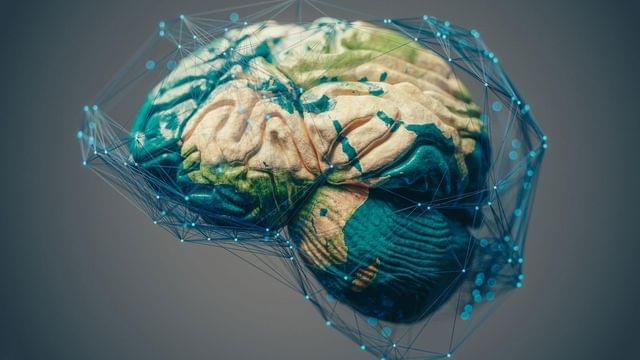

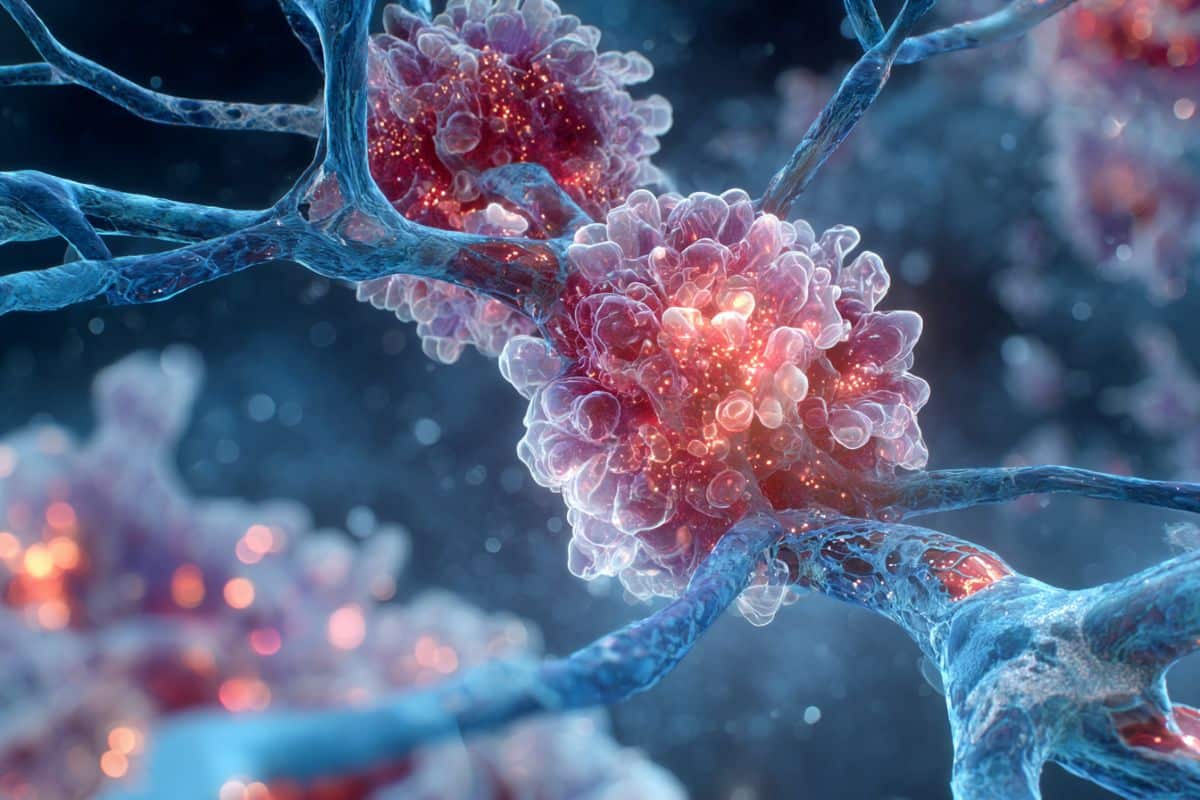
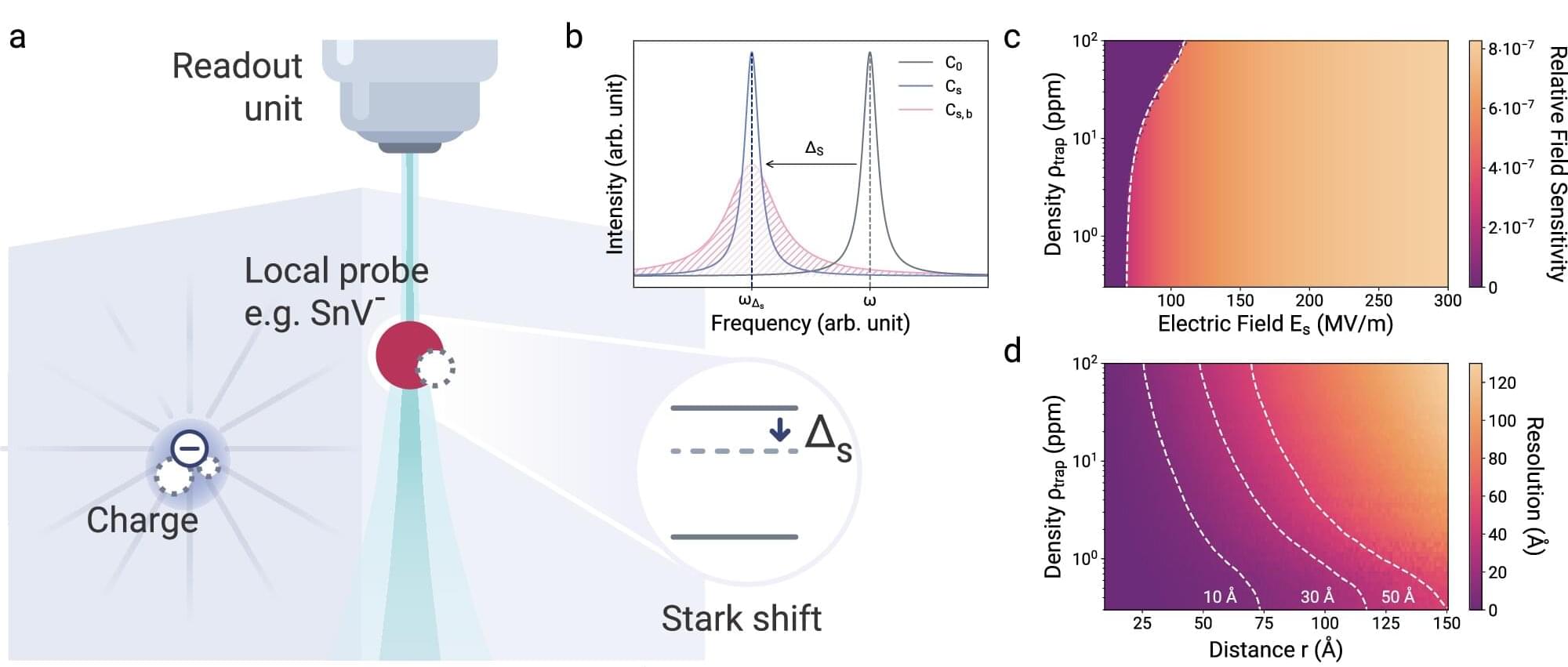
From computer chips to quantum dots—technological platforms were only made possible thanks to a detailed understanding of the used solid-state materials, such as silicon or more complex semiconductor materials. This understanding also includes being able to identify and control irregularities in the crystal lattice of such materials.
If, for example, an atom is missing in the lattice structure of the crystals, a single electron and thus an electric charge can become trapped there. Such charge traps generate electromagnetic noise that limits the functionality of these materials. However, it is extremely difficult to locate these charge traps on an atomic scale.
Researchers from the “Integrated Quantum Photonics” group at the Department of Physics at Humboldt-Universität zu Berlin (HU) and the “Joint Lab Diamond Nanophotonics” at the Ferdinand-Braun-Institut, led by Prof. Dr. Tim Schröder, have developed a new sensor that can detect such individual electrical charges more precisely than ever before.
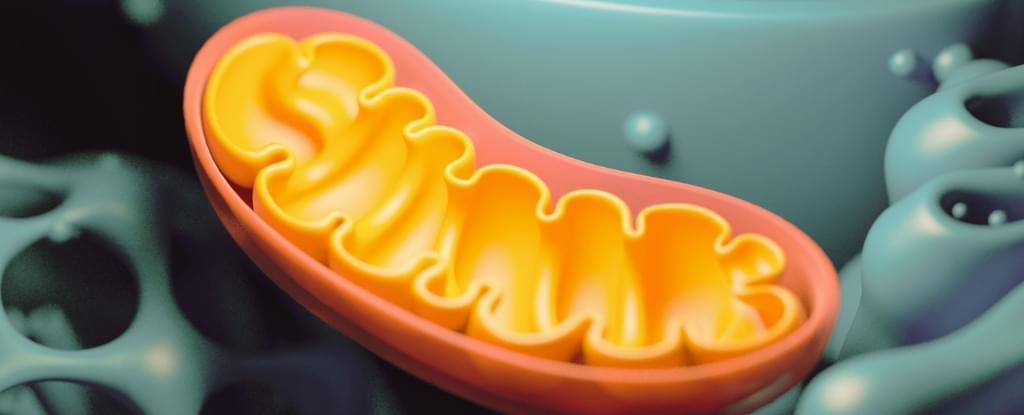
Researchers have discovered a key molecular process that may contribute to chronic inflammation as we age. If this process can be accurately targeted, it could unlock ways to stay healthier in our later years.
The discovery centers on the unique strands of DNA contained within our mitochondria, the power stations of our cells. By banishing their ‘mtDNA’ into the surrounding cytoplasm, mitochondria can cause inflammation. Yet just how or why this happens has never been well understood.
In this study, researchers led by a team from the Max Planck Institute for Biology of Ageing in Germany analyzed tissue samples from humans and test animals, using mice genetically engineered to be models of aging and disease.
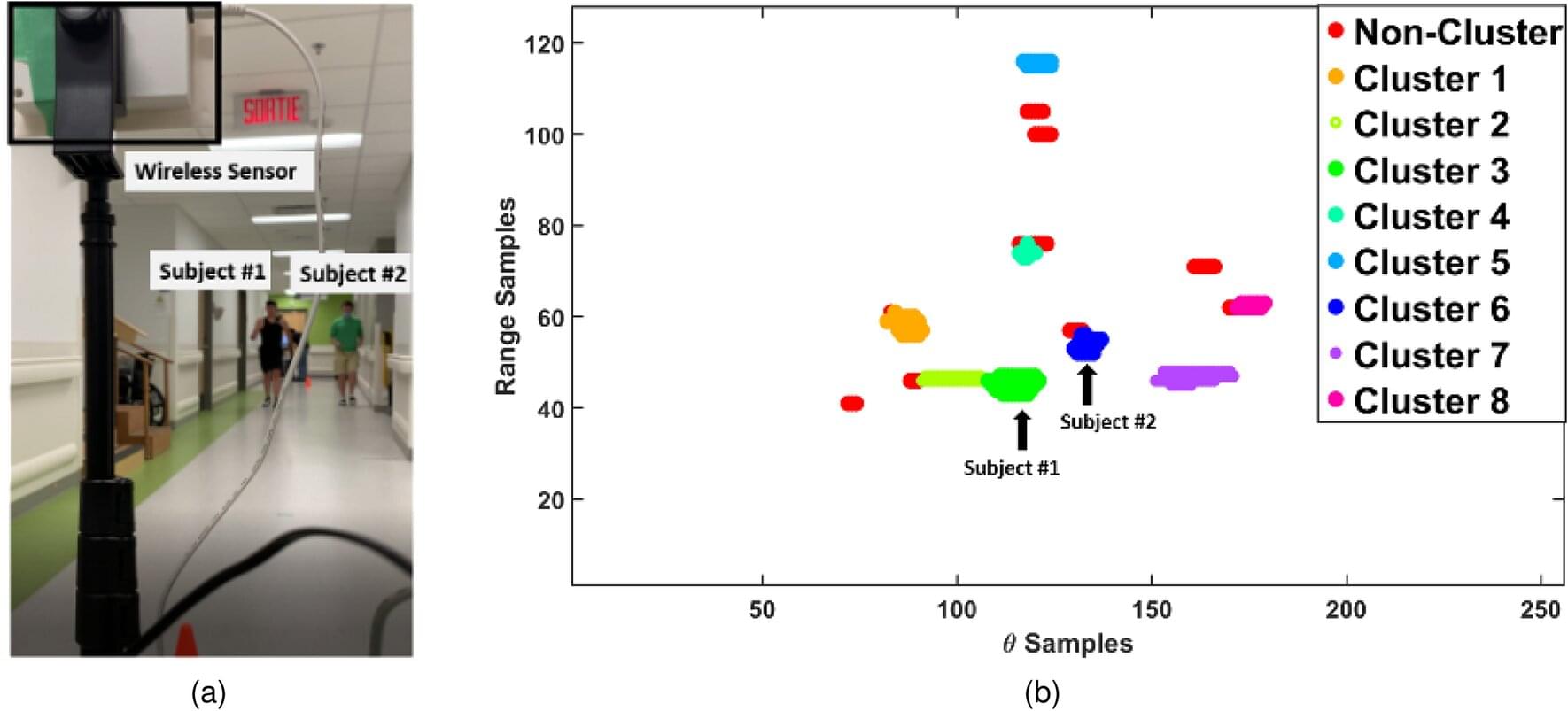
Engineering and health researchers at the University of Waterloo have developed a radar and artificial intelligence (AI) system that can monitor multiple people walking in busy hospitals and long-term care facilities to identify possible health issues.
The new technology—housed in a wall-mounted device about the size of a deck of cards—uses AI software and radar hardware to accurately measure how fast each person is walking. A paper on their work, “Non-contact, non-visual, multi-person hallway gait monitoring,” appears in Scientific Reports.
“Walking speed is often called a functional vital sign because even subtle declines can be an early warning of health problems,” said Dr. Hajar Abedi, a former postdoctoral researcher in electrical and computer engineering at Waterloo.
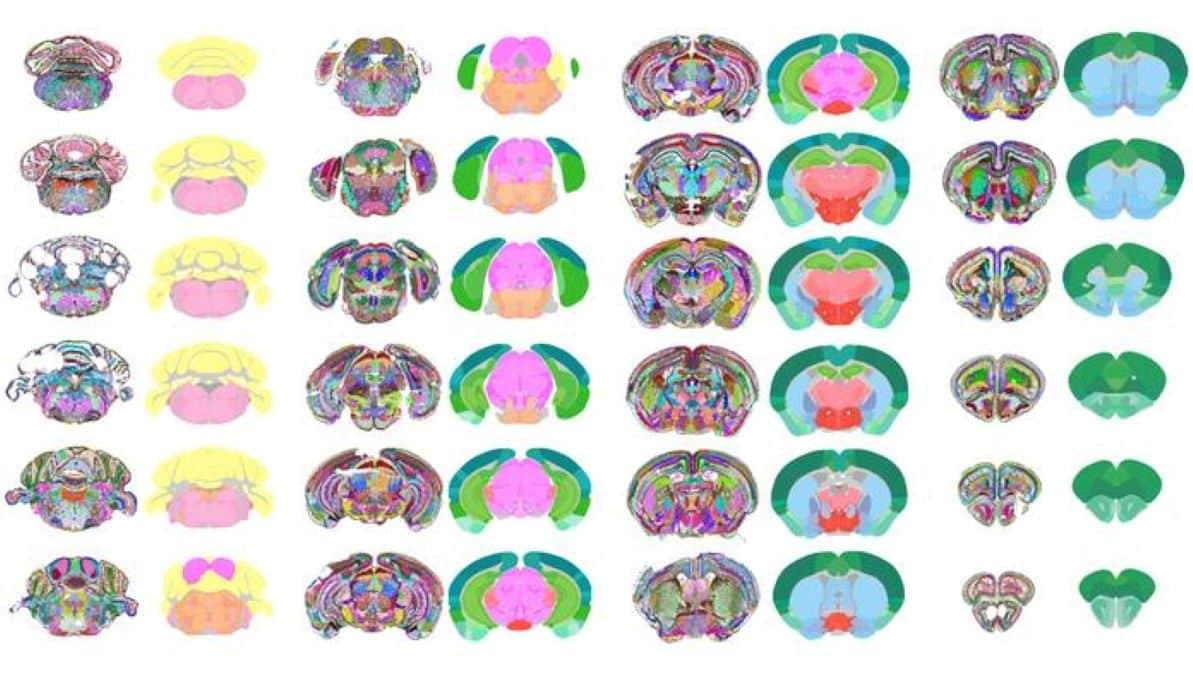
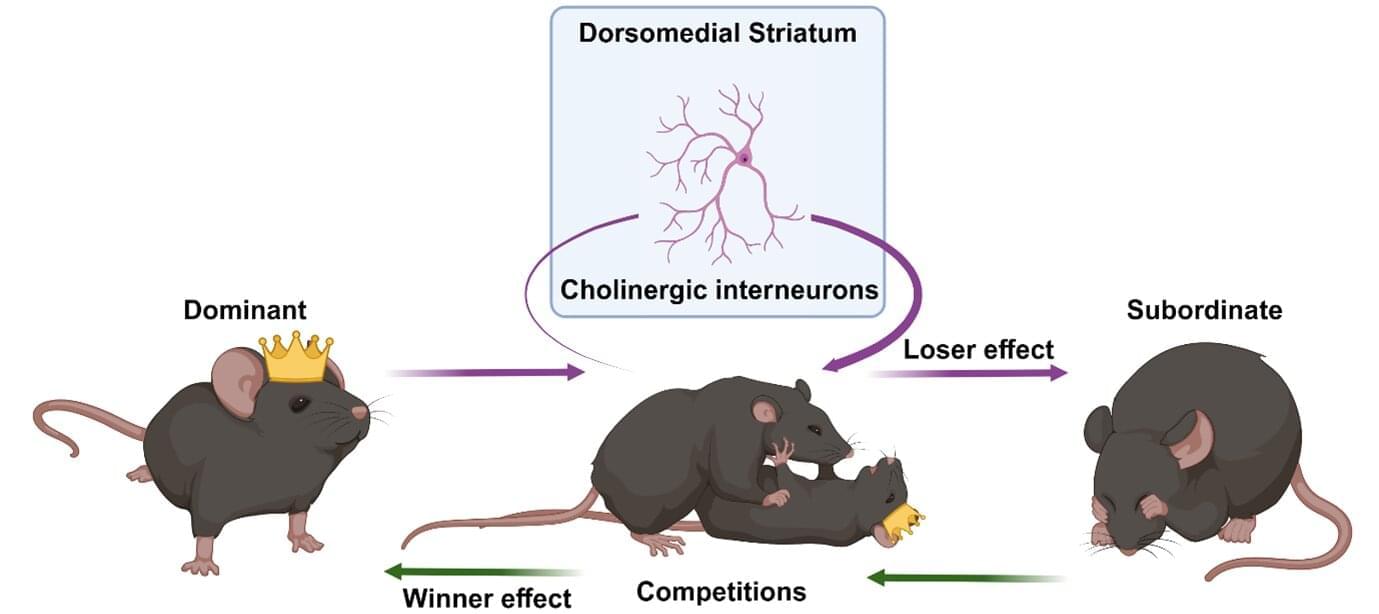
Social hierarchies are everywhere—think of high school dramas, where the athletes are portrayed as the most popular, or large companies, where the CEO makes the important decisions. Such hierarchies aren’t just limited to humans, but span the animal kingdom, with dominant individuals getting faster food access, higher mating priority, and bigger or better territories. While it’s long been thought that winning or losing can influence the position of an individual within a social hierarchy, the brain mechanisms behind these social dynamics have remained a mystery.
In iScience, researchers from the Okinawa Institute of Science and Technology (OIST) investigate the neurological basis of social hierarchy in male mice, pinpointing the neurons they believe crucial in determining these social hierarchy dynamics.
“You may think that being dominant in the animal kingdom is all about physical attributes, like size. But interestingly, we’ve found that it seems to be a choice, based on previous experience,” said Professor Jeffery Wickens, head of the Neurobiology Research Unit at OIST and co-author on this study. “The brain circuitry involved in these decisions is well conserved between mice and humans, so there are likely useful parallels to be drawn.”
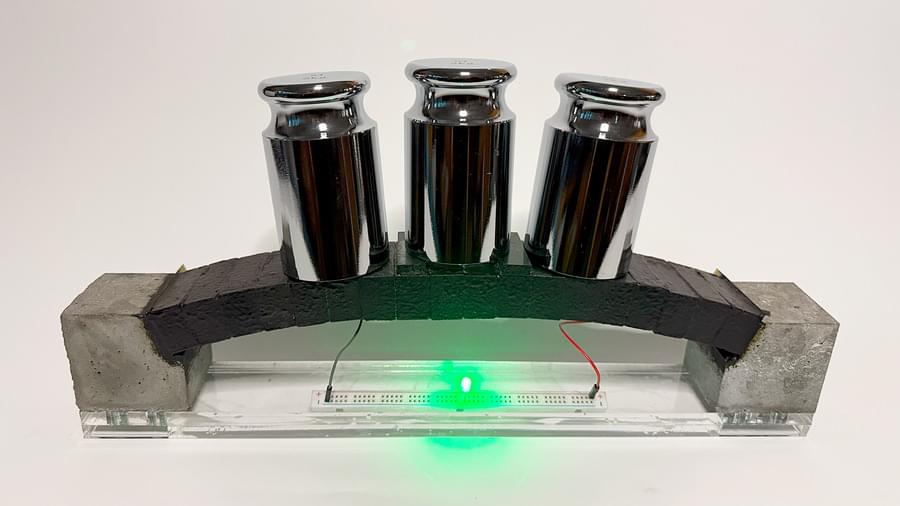
What if a simple apartment door in Boston opened into another universe?
SCP-4357, also known as “Slimelord,” is one of the strangest and most human anomalies ever recorded — a hyperspatial discontinuity leading to a world of intelligent slug-like beings with philosophy, humor, and heartbreak.
In this speculative science essay, we explore what SCP-4357 means for physics, biology, and the idea of consciousness itself. How could life evolve intelligence in a sulfur-rich world? Why do these beings mirror human culture so closely? And what happens when curiosity crosses the line into exploitation?
Join us as we break down the science, ethics, and wonder behind one of the SCP Foundation’s most thought-provoking entries.
🔔 Subscribe for more speculative science every weekday at 6PM PST / 9PM EST.
💡 Become a channel member for early access and exclusive behind-the-scenes content.
🌌 Because somewhere out there, even the slugs have opinions on Kant.
Behold Neural Viz, the first great cinematic universe of the AI era. It’s from a guy named Josh.